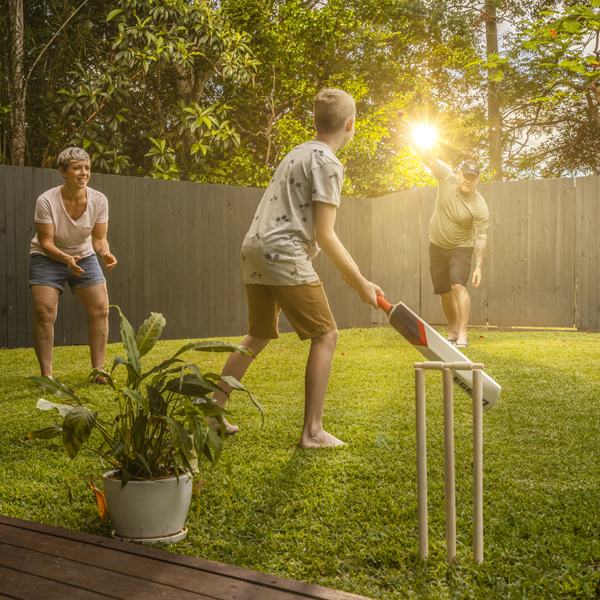
Six tips to improve your mood during coronavirus
07 May 2020- Ideas & info
- ANZACspirit
- Endurance
As the social distancing measures enforced due to the coronavirus pandemic drag on, it’s understandable that you may be experiencing dips in your mood.
As our nation – and the world at large – grapples with the social and economic fallout from the pandemic, managing our mental health will become more important than ever. Our partners at Gallipoli Medical Research Foundation (GMRF) have some tips on how you can take control of your mood and try to improve your state of mind.
Accept that how you are feeling is normal
GMRF clinical psychologist Dr Sarah Hampton says some of us may be feeling a little bit flat or a little bit low right now. “This is a completely normal response to reduced social interaction, social distancing, social isolation and a completely normal response to stopping activities that we find enjoyable,” says Dr Hampton.
Focus on small, productive activities
Those lingering home improvement or DIY projects might be a great place to start. Always wanted a veggie garden? Now might be the perfect time to get one going!
Prioritise activities you enjoy
Make a list of things you enjoy doing and make time to enjoy them. It may be spending quality time with your family, reading or playing a musical instrument.

Be a helper
Sometimes, by focusing on helping others, we can affect our own mood in a positive way. Is there an elderly neighbour you can shop for? Or a new mum you could make a gift basket for?
Pay attention to the little things
When you are at home all day it can be easy to let the little things slide. However, they all add up to a better mindset. Make sure you change out of your PJs, shower and brush your teeth. Eat nutritious meals and make sure you get some exercise.
Stay connected
Dr Hampton advises us to keep in touch with the people who really matter. “Stay connected with your social support network. Use the technology available to you, such as phone calls or video calls. If you see a psychiatrist or a psychologist, try your best to maintain regular appointments through video calls with them as well.”
If, however, you're experiencing persistent low mood, loss of appetite, lack of sleep or negative thoughts, make sure you reach out to your mental health professional or make an appointment with a GP to get a referral to see a mental health professional. If you are a veteran and need urgent help, please reach out to Open Arms on 1800 011 046. Their counsellors are available 24 hours a day, seven days a week.
Related News
Loading

